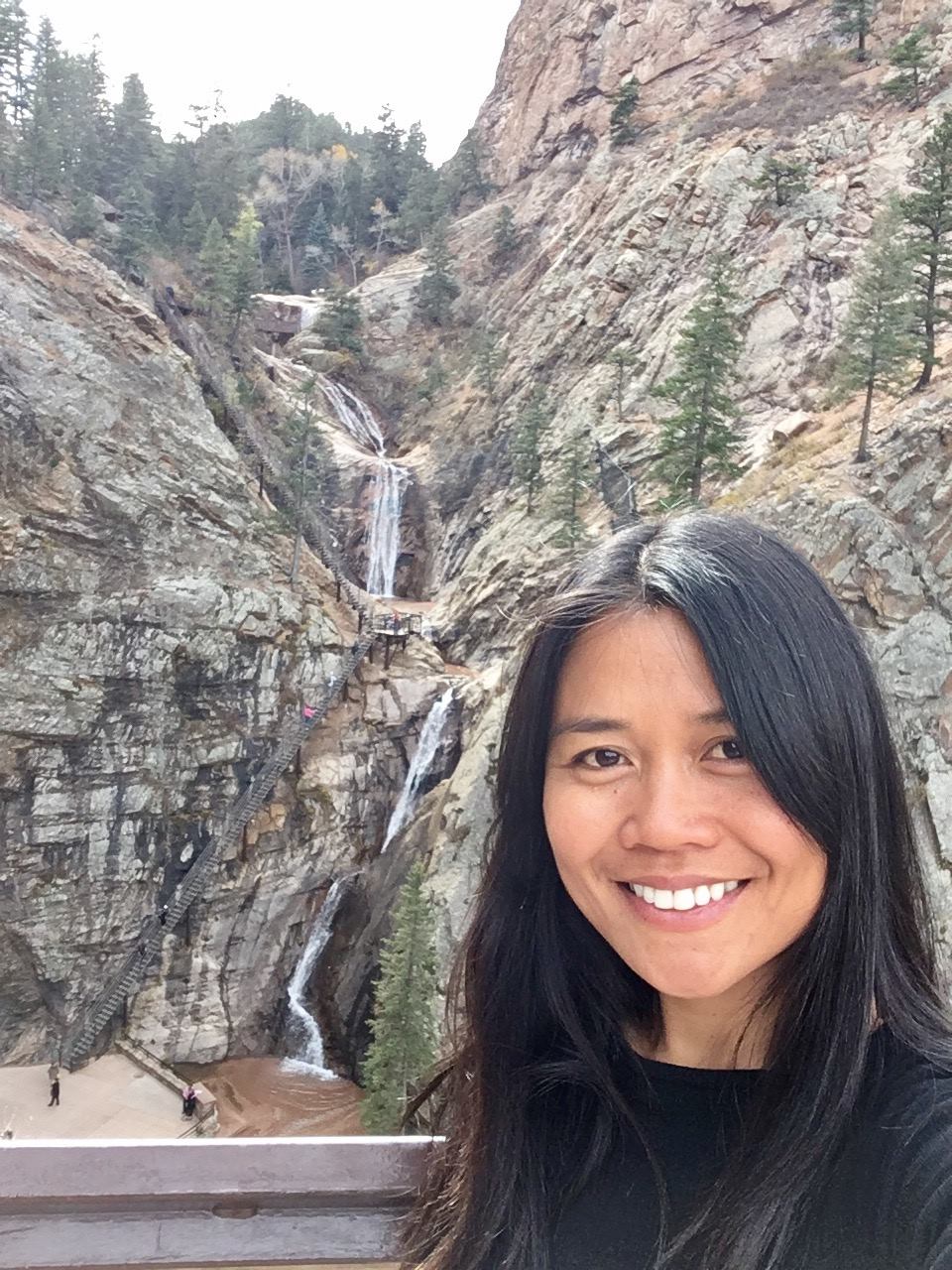Our world has gotten smaller. Through the use of the internet and mobile devices, our neighbors, in a sense, are no longer just the ones next to our houses, but people from other countries. Nowadays, it is not very difficult to hop on a plane and visit other countries. I traveled solo for thirteen months and came back with many experiences and life lessons.
When you travel, you meet unfamiliar people, places, and cultural events. You absorb the feel of an environment. You assume the role of an observer and a student, ready to soak it all in. The experiences you go through when you travel teach you greatly about how you think about yourself and the world. You become less judgmental because you understand more why people act a certain way.
Why do we judge? Fear-based judgments may be due to habits we have formed, what we have learned from our parents, friends, relatives, schools, social, and political systems. We just have not taken the time to question our beliefs and why we believe in them. There might be an archaic belief that we can’t let go of that is deeply embedded in the consciousness of our society and it is this–that different is wrong and to be feared. Different is not wrong. It just needs to be understood more. Ultimately, fear breeds prejudice and discrimination.
For example, why do people believe in numerology? When I visited Taiwan, I had the chance to learn more about their customs. The Chinese believe that a certain day is luckier than others to do certain activities. For them, the date of your marriage have to coincide with a lucky number in the Chinese calendar. There is a date perfect for any event, for starting a business, for travel, and so on. This method is part of their culture and a system that had been practiced for hundreds of years. They are not wrong for believing in numbers. It is just their way of life.
Because our world is getting more globalized, our ideas and cultures are getting more fused together. We cannot stop globalization, but we can adapt to the changes and the people that we deal with. Our products are imported from another country and many organizations and corporations now conduct business internationally. I believe that developing tolerance is a step to better relationships and an advancement in our path to world peace and solving many problems. Here are 8 ways to develop more tolerance.
- Develop curiosity. When we are curious, we are interested. Curious people suspend preconceived notions when going into any situation. They let their bias out in order for them to gather the information and evaluate it for themselves. They ask questions and are eager to learn.
- Face fear. We fear what we do not know. What kind of fears do we have about others? We may see someone who belongs to a certain group and we immediately form ideas about the person. Being aware where certain judgments come from help us get in touch with our fears and effectively deal with them.
- Be grateful. When we are thankful, we are in a more positive state. Whatever situation we may be in, see it as an opportunity to learn and grow. Every person that we encounter show us parts of ourselves that we may not have looked at. Be grateful for people’s time and energy. Be grateful that you got out of bed today and still breathing. Be grateful for life.
- Be inspired. Use differences as a source of creativity. The ideas that we have come from not just one source, but many. In any field, we can use the ideas we learn from other cultures, religions, and people to improve our crafts. Innovation comes from inspiration. May you be a fashion designer creating a chic style, a woodworker carving a new piece, a painter producing a masterpiece, an author writing a novel or a chef developing a recipe, interesting ideas can come from anywhere as long as you are open to it.
- Assume the good in people. People can feel when they are being judged. They can feel when they are being accepted and admired. When we focus on the good qualities of others, they tend to act on those very qualities. If you treat people nicely and they are rude to you, don’t lose hope, but keep the faith that you had been the teacher of kindness for this encounter. By not retaliating, you instantly teach the person the value of forgiveness, serenity, and compassion. When people are angry, they are not at peace with either themselves or a situation.
- Be service oriented. When we want to help others and care for their well-being, we don’t have time to judge or discriminate. Thinking how we can help another person enables us to develop feelings of goodwill. This energy is healing.
- Practice forgiveness. Humans fail. When we forgive, ourselves included, we are more tolerant. The lack of forgiveness may be due to our inability to see our humanity and realize that everyone makes mistakes. No one is perfect. Letting go of the past and past mistakes give room to tolerance.
- Practice Self-Love. By loving ourselves, we are more tolerant of others. We sometimes project our self-judgements. In Psychology, there is a term called projection which is a defense mechanism that people use by attributing to others what they have within themselves. In short, we see in the world, what we have inside of ourselves. The world is, therefore, our mirror. Next time you form judgments, pause and see if the very thing you are judging is something that you are not accepting within yourself. When you catch yourself doing this, offer compassion to yourself and the other person.

